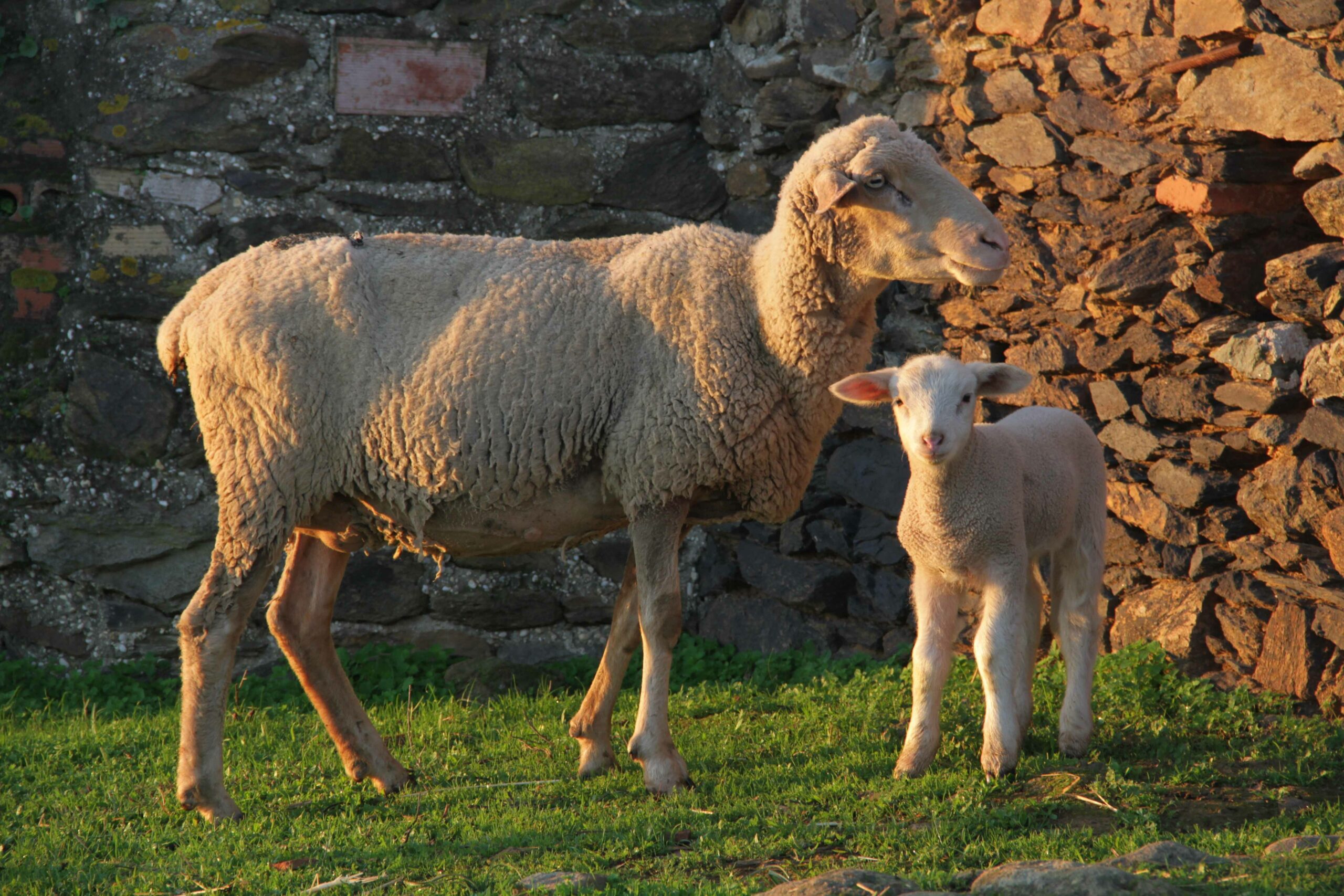The FAO Livestock Assessment and Environmental Performance Partnership (LEAP) and the FAO Sub-Regional Office for Central Asia are inviting experts from Azerbaijan, Kazakhstan, Kyrgyzstan, Tajikistan, Turkey, Turkmenistan and Uzbekistan to participate in an upcoming training course on quantifying the impact of livestock production on biodiversity.
Working languages of the training: English, Russian and Turkish. Translation will be provided.
The training is designed for livestock and environmental professionals in Central Asia and will provide skills to assess the impact of livestock systems on biodiversity through the application of the FAO LEAP biodiversity guidelines. The ultimate goal of the workshop is to facilitate the provision of information on biodiversity for the development of new livestock projects and to support the livestock sector in improving the sustainability and environmental performance of livestock production in the region.
The ultimate goal of the workshop is to facilitate the provision of information on biodiversity for the development of new livestock projects and to support the livestock sector in improving the sustainability and environmental performance of livestock production in the region
Livestock directly or indirectly contributes to some of the major drivers of biodiversity loss, including habitat change, land degradation, climate change, pollution, and the introduction of invasive species. Habitat degradation and land conversion are considered the most common impacts of livestock production on biodiversity. However, it is also widely recognized that properly used natural grazing land contains a much higher proportion of native species and habitats than cultivated agricultural land. In addition, the livestock sector can reduce its adverse impact on biodiversity by implementing environmentally friendly practices in all of its production systems.
The participants of the training will have the opportunity to gain valuable insights into the benefits of using the FAO LEAP Guidelines for assessing the impact of livestock production on biodiversity. The training will focus on acquiring the necessary knowledge and skills to conduct a comprehensive and consistent assessment of the impact of the livestock sector on biodiversity. In addition, the training aims to strengthen national and regional cooperation by promoting the inclusion of biodiversity issues in environmental assessments of the livestock sector. By bringing in case studies covering a wide range of production systems in the region, experts will be able to effectively take biodiversity into account in their assessments.
Training program
The training will include four online sessions and one face-to-face meeting in each of the following target countries: Azerbaijan, Kazakhstan, Kyrgyzstan, Tajikistan, Turkey, Turkmenistan, and Uzbekistan.
Four online sessions will take place virtually on Zoom on July 24, 25, 26, and August 18, with face-to-face training as follows:
Bishkek, Kyrgyzstan – Monday, 31 July.
Almaty, Kazakhstan – Wednesday, August 2
Dushanbe, Tajikistan – Friday, August 4
Tashkent, Uzbekistan – Monday, 7 August.
Baku, Azerbaijan – Wednesday, August 9
Ankara, Türkiye – Friday, August 11
Ashgabat, Turkmenistan – Monday, 14 August.
The training will be led by Majid Iravani, FAO LEAP Technical Support Officer for training; supported by Xiangyu Song, FAO LEAP Partnership Manager; and Yuri Nesterov, International Livestock Specialist, FAO Regional Office for Europe and Central Asia. Participants who successfully complete the training program will receive a certificate.
How to Apply
Interested candidates may apply by filling out a form containing the following information: First and last name, position and organization, level of education and areas of expertise, country and contact information
For more information about this workshop series, please contact Yuri Nesterov (FAOSEC) yuriy.nesterov@fao.org and Majid Iravani (FAOSEC) majid.iravani@fao.org
Source of information: Regional Platform for Water Issues in Central Asia.

